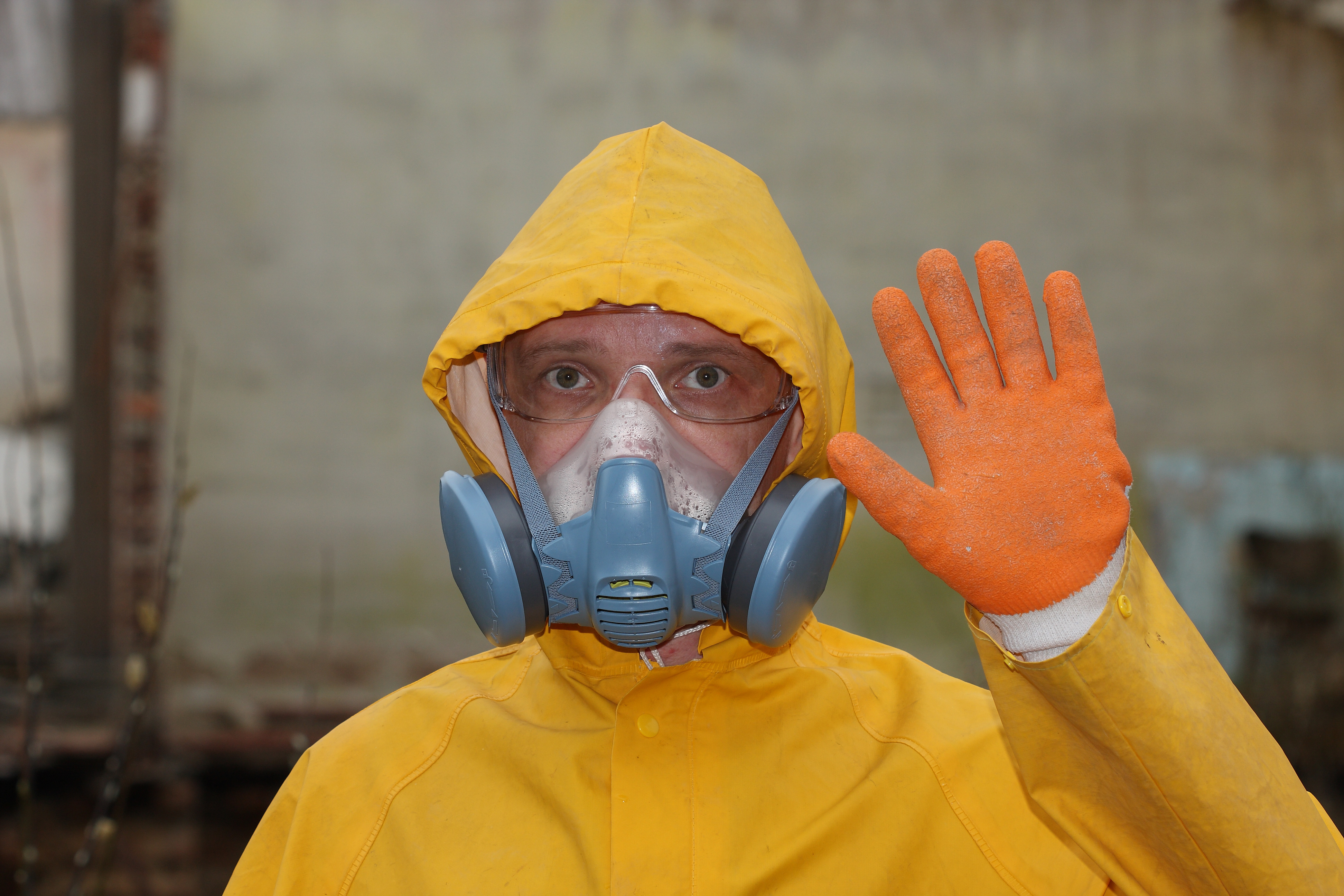Face Fit Testing Service for Respiratory Protective Equipment (RPE)

This is the latest service offered by The Wilkins Safety Group
Why do I need Face Fit Testing for Respiratory Protective Equipment (RPE)?
Ill-fitting Respiratory Protective Equipment (RPE) can lead to respiratory problems if harmful substances are released into the air supply. And so if your work requires tight fitting face protection then by law, a face fit test is required to ensure the equipment fits the face of the user, protecting them from exposure to harmful substances.
Is Face Fit Testing a legal requirement?
Yes, face fit testing is a legal requirement for anyone who wears a tight (or close) fitting mask for work.
The supporting guidance for COSHH (Control of Substances Hazardous to Health), CLaW (Control of Lead at Work), CAR (Control of Asbestos Regulations) and the Ionising Radiation Regulations, stipulate that fit testing should be carried out as part of the initial mask selection process. This ensures that inadequately fitting face pieces are not selected for use.
Which masks need to be tested?
Face fit testing is required for all of the following types of masks:
- Disposable half masks
- Re-usable filter or cartridge half masks
- Powered respirators
- Full face filter or cartridge masks
- Escape set masks
- Full breathing apparatus masks
Does a face fit test take a long time?
Face Fit Testing is simple and straightforward, requiring little time to complete. It is undertaken by a fully qualified competent trainer, who will ensure the equipment is perfect for the wearer. It can be completed in-house, lasting as little as 15 to 20 minutes.
What does the test involve?
There are two types of test:
- The qualitative test can only be carried out on half masks. The test takes around 20 minutes and involves wearing a hood over the head and shoulders. The tester sprays a bitter tasting solution into the hood whilst the delegate carries out a series of exercises, i.e. turning head from side to side. If the wearer can taste the solution, then the mask does not fit correctly.
- The quantitative test can be carried out on any type of mask. There are several different methods for this test. The most common method involves attaching the mask to a machine (a Portacount), which can detect whether airborne particles are passing into the mask through the seal. Again the test takes around 20 minutes and at the end of the test the machine gives a ‘pass’ or ‘fail’.
When should I book a test?
Face fit tests should be booked to coincide with the initial choosing of the equipment. If you already have tight-fitting face masks that remain untested but in use, you should consider it a priority to book a test, so that you are compliant with the law, and protecting your employees.
Is the test only carried out once?
It is recommended that you re-test the RPE regularly, and especially if the wearer has:
- lost or gained weight,
- undergone serious dental work, or
- developed any facial changes
just to ensure that the mask still fits and is protecting the employee.
Who can carry out a face fit test?
A competent person should carry out a face fit test. Competency can be proven by accreditation to the BSIF Fit2Fit Fit Testers Accreditation Scheme, however this is not compulsory. Manufacturers of fit test equipment may also provide competency training and evaluation and proof of these may be sufficient to prove competency.
Can I book through The Wilkins Safety Group?
The Wilkins Safety Group can provide face fit testing across the UK from £150 + VAT. (Prices dependant on number of Face Fit Tests required and test location).
